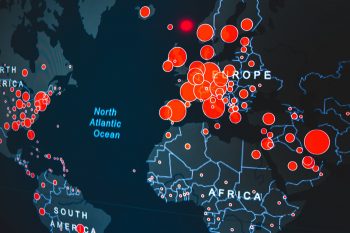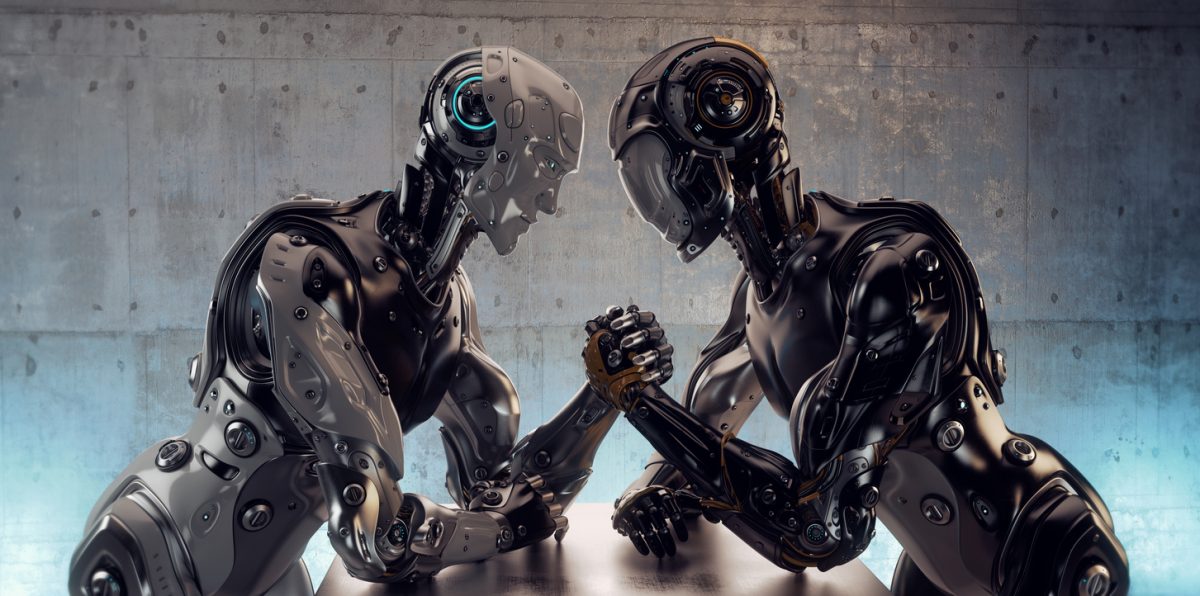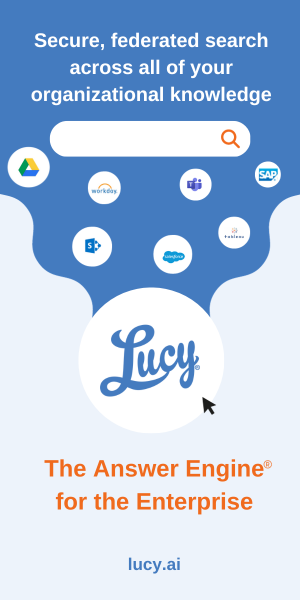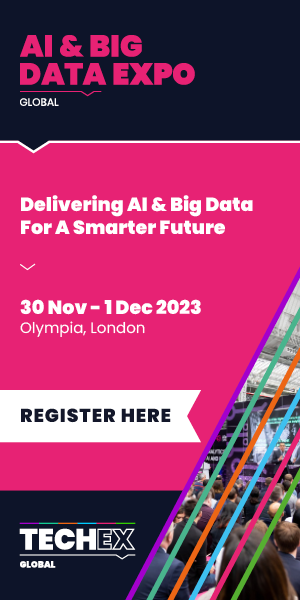Humans struggle to distinguish between real and AI-generated faces
According to a new paper, AI-generated faces have become so advanced that humans now cannot distinguish between real and fake more often than not.
“Our evaluation of the photorealism of AI-synthesized faces indicates that synthesis engines have passed through the uncanny valley and are capable of creating faces that are indistinguishable—and more trustworthy—than real faces,” the researchers explained.
The researchers – Sophie J. Nightingale, Department of...


















